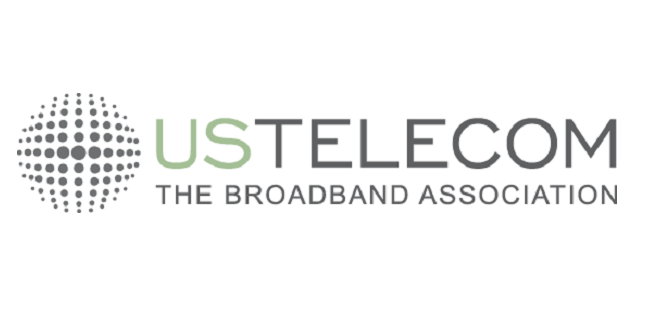Calling Gigi Sohn’s recusal offer “unprecedented,” USTelecom President/CEO Jonathan Spalter says it raises questions for future FCC nominees.
Inside Towers reported yesterday that the administration’s nominee for the open Democratic slot at the Commission, if confirmed, offered to recuse herself from future proceedings involving retransmission consent or television broadcast copyright issues. Sohn said she made this pledge to avoid “any appearance of impropriety” and “in the interest of ensuring that the public has full confidence that policymakers will make decisions free of bias.”
In a letter to Senate Commerce Committee Chair Maria Cantwell (D-WA) and Ranking Member Roger Wicker (R-MS), Spalter says his association isn’t taking a position on Sohn’s nomination, but her pledge appears “highly irregular.” He points out she’s recusing herself based on a filing in a rulemaking more than a decade ago when she lobbied for Public Knowledge, and ethics rules generally say such actions aren’t a basis for recusal.
That means Sohn’s reasoning for recusing herself would establish a new standard for FCC commissioners participating in proceedings in which they were previously active, according to Spalter. “If there are broader concerns about Ms. Sohn’s ability to act impartially based on her past advocacy, it is unclear to USTelecom why a recusal would only be limited to one topic that provides special treatment to only one industry,” he writes.
Spalter says Sohn’s record as a well-respected public interest advocate is widely known and well documented. For him, the issue raises four “serious” questions:
- How will the Commission be confident that the same concerns will not arise for other issues where she has also submitted filings to the FCC?
- What is the potential impact on future FCC decisions in which Sohn’s vote is needed to achieve the required three votes for adoption on any topics in which she’s previously participated as an advocate before the Commission?
- If Sohn doesn’t recuse herself from other issues on which she lobbied, will that create the appearance of benefitting one industry over others?, and,
- What might the impact be on current commissioners or future Commission nominees?
USTelecom believes it’s important to identify these concerns now so Congress can assess their practical implications for the FCC’s rulemaking functions as well as on the agency’s continued effectiveness and impartiality, Spalter asserts.
By Leslie Stimson, Inside Towers Washington Bureau Chief





Reader Interactions